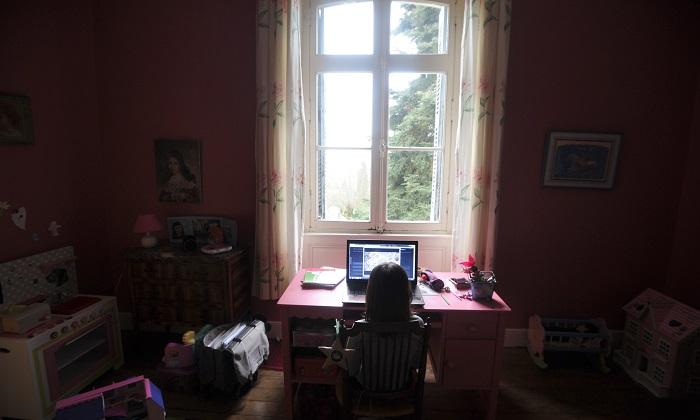A new study reveals that social media platforms pose several risks for young children and offers a warning that “change is needed soon.”
The latest report from the American Psychological Association (APA) warns that social media platforms developed for adults are not inherently appropriate for children. Young minds require a higher level of protection due to their mental and emotional vulnerabilities, the April report warns. This is particularly important for children who are already suffering from mental health issues or other developmental challenges.





